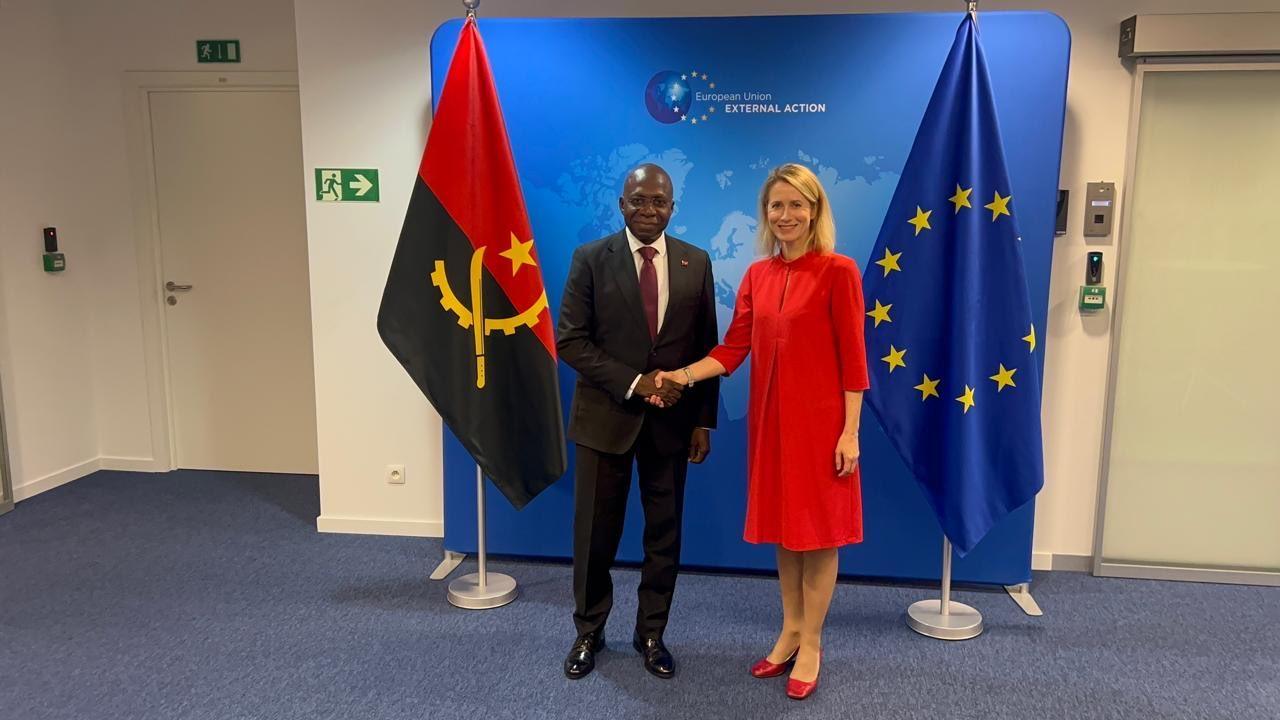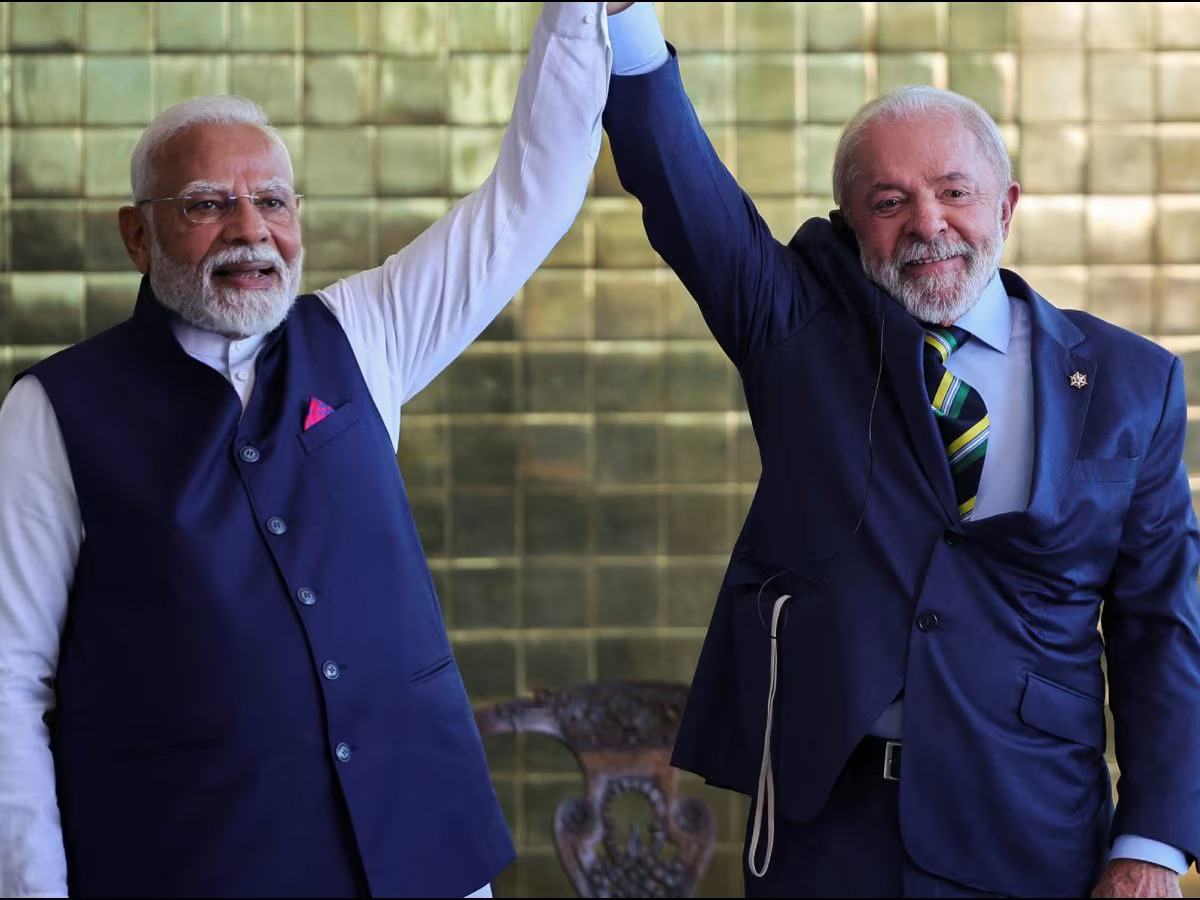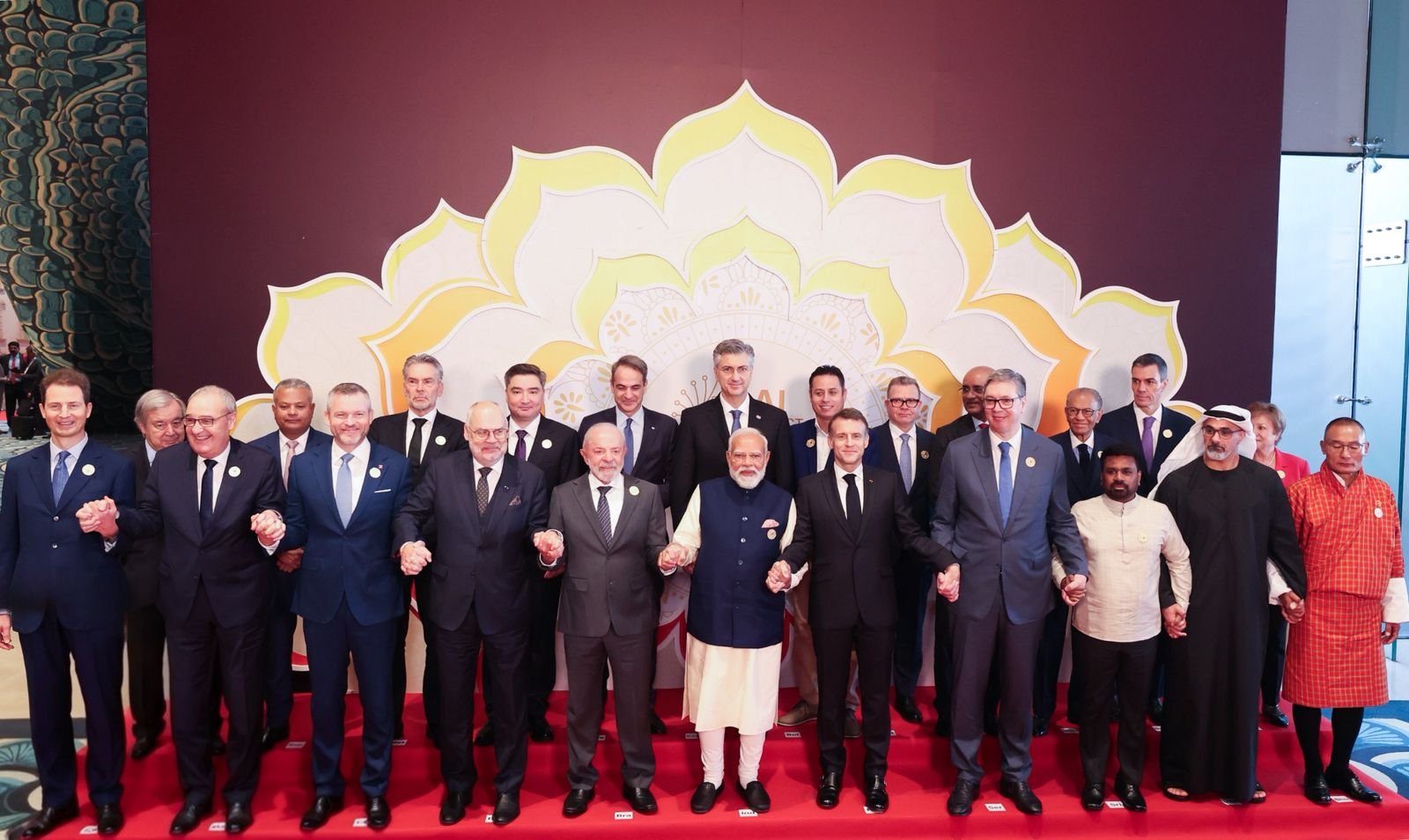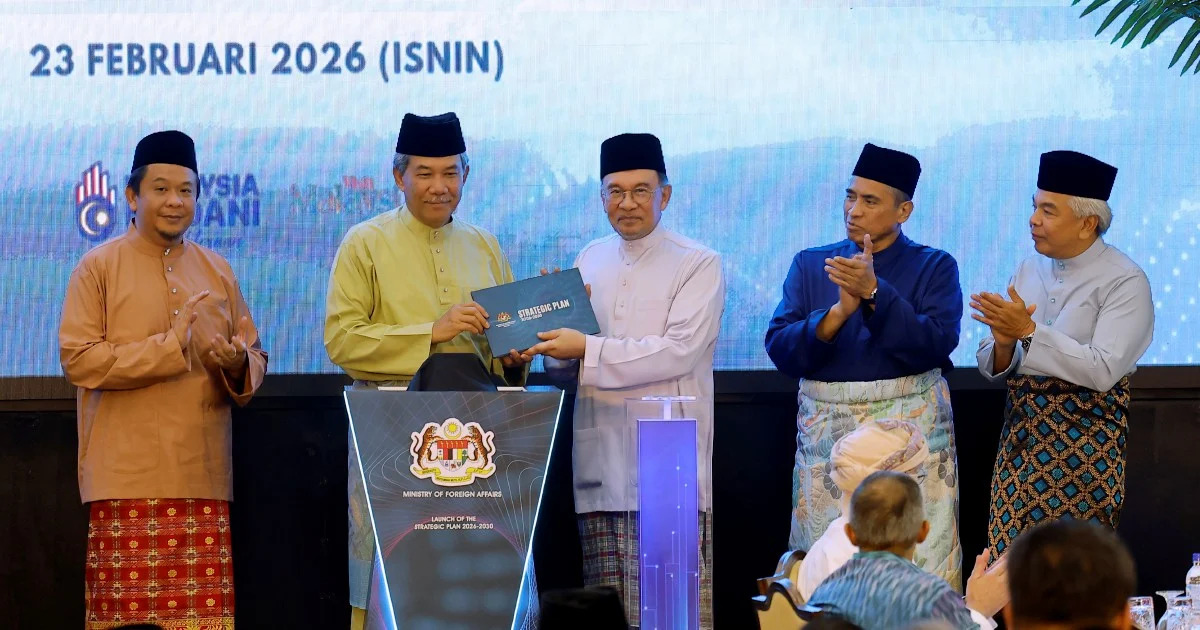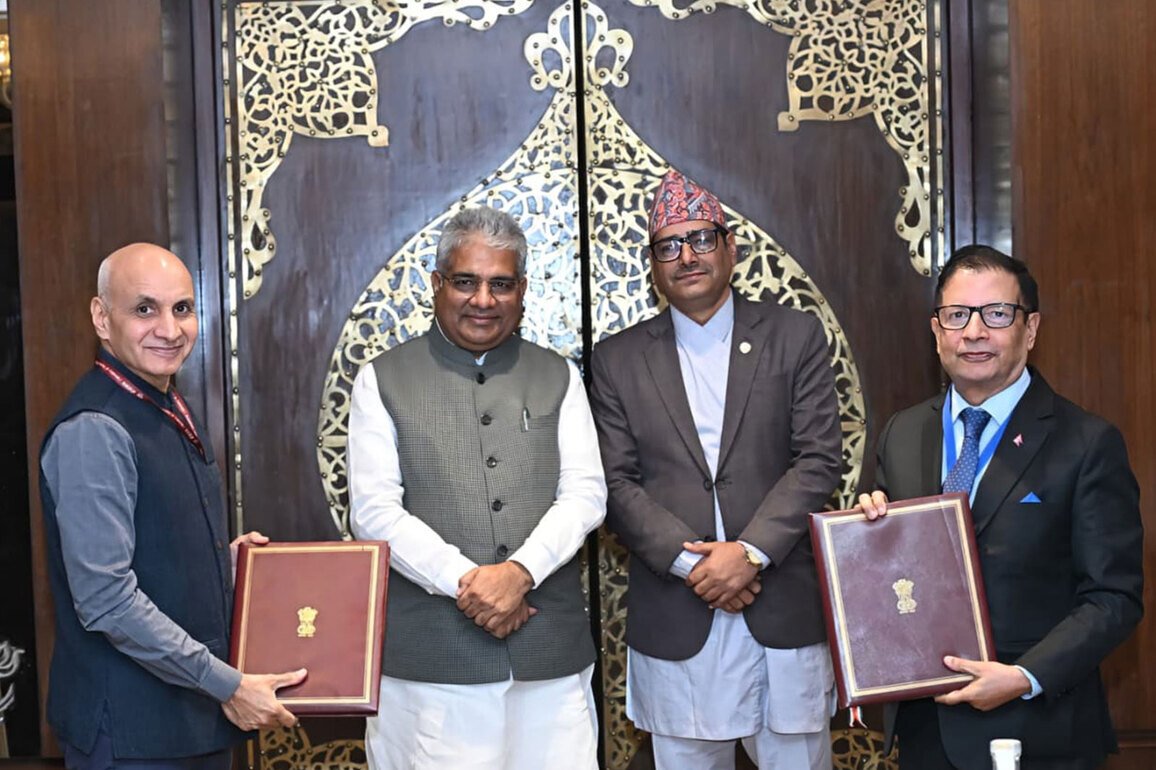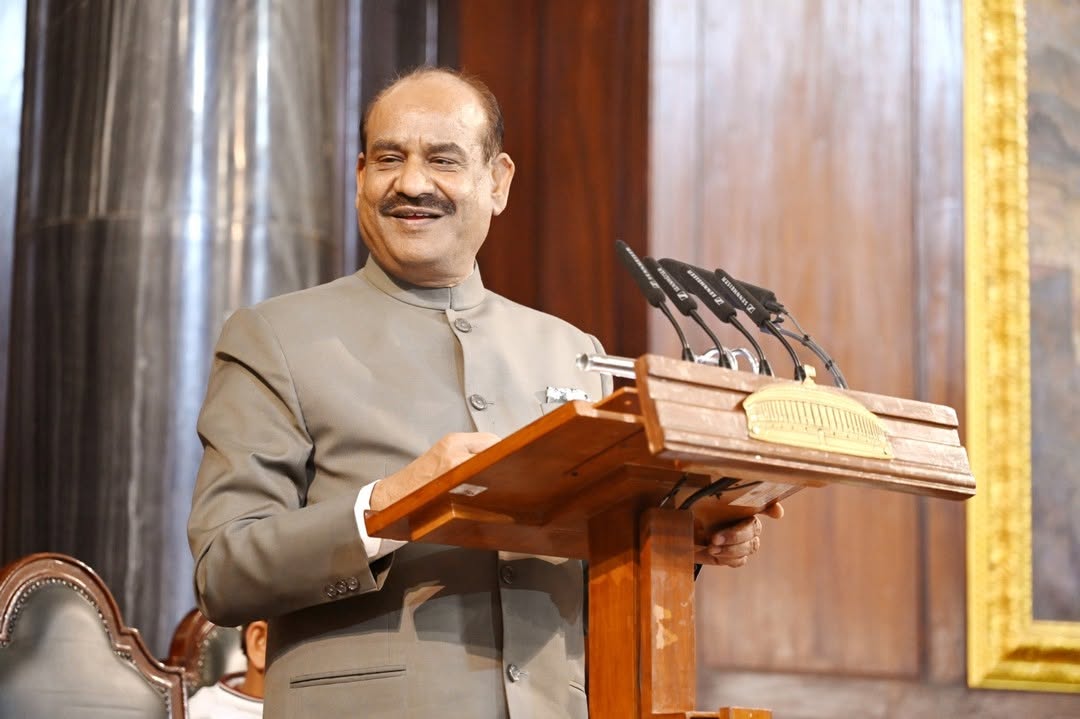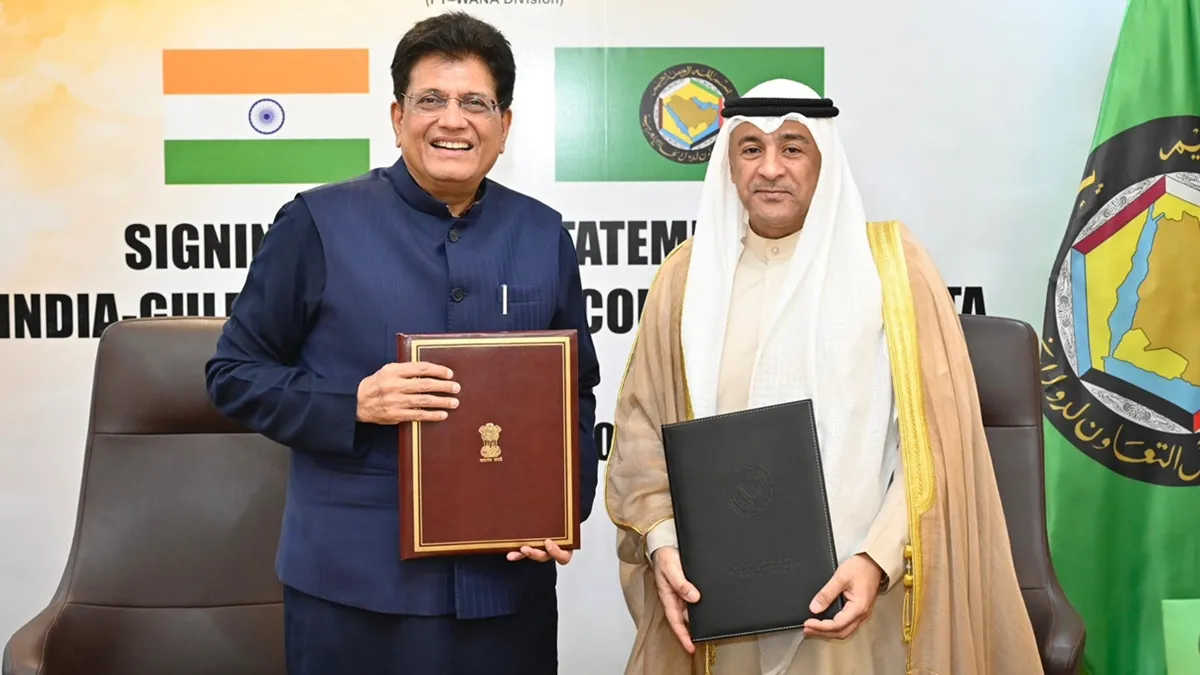The 17th BRICS Summit was convened on July 6-7, 2025, in Rio de Janeiro under Brazil’s presidency, alongside 11 permanent members of BRICS, the newest being Indonesia, 9 partner countries, 8 invitee countries, and 7 heads of international organisations took in attendance. This year, the theme was “Strengthening Global South Cooperation for More Inclusive and Sustainable Governance”, and a joint declaration, the Rio de Janeiro Declaration, on the same theme, covering 126 commitments, were signed by 11 permanent members.
The BRICS Summit, over two days, had three plenary sessions titled “Peace and Security and Reform of Global Governance”, “Strengthening Multilateralism, Economic-Financial Affairs, and Artificial Intelligence” and “Environment, COP30, and Global Health”.
High-level leader-to-leader meetings on the sidelines of the BRICS Summit focused on a wide range of bilateral ties between nations. The summit served as an excellent opportunity for Global South countries to advance their interests both multilaterally and bilaterally.
Key Outcomes of Summit
The Rio de Janeiro Declaration of 126 commitments signed on July 6, 2025 by members contained commitments across six pillars: on Promoting Peace, Security and International Stability, Strengthening Multilateralism and Reforming Global Governance, Deepening International Economic, Trade and Financial Cooperation, Combating Climate Change and Promoting Sustainable, Fair and Inclusive Development and Partnerships for the Promotion of Human, Social and Cultural Development.
In addition to the traditional leaders’ declaration, three other documents reflecting the priorities of the Brazilian presidency were approved: the BRICS Leaders’ Framework Declaration on Climate Finance, the BRICS Leaders’ Declaration on Global Governance of Artificial Intelligence, and the BRICS Partnership for the Elimination of Socially Determined Diseases.
Agendas
The opening speech of the chair, President of Brazil, Luiz Inácio Lula da Silva, focused on peace and security. The opening remarks themselves show the importance of peace as he urged to prioritise the budget of their nations towards UN Agenda 2030 compared to military budgets. He stated, “It is always easier to invest in war than in peace.” Indian Prime Minister Narendra Modi took the opportunity to condemn the terrorist attack on Pahalgam and called for global unity against terrorism as well as strict action for terrorists.
Global South, being the major contributor to the global economy has an underrepresentation in key global institutions, where calls for institutional reforms, particularly the UN Security Council, the IMF, the World Bank and the WTO, must undergo urgent reform to reflect the contemporary realities and times. Ethical use of AI in global governance was discussed extensively for the first time.
Economic and technological initiatives were discussed to make the Global South more resilient and facilitate smooth intra-BRICS trade. The agendas on digital economy, sustainable use of AI, and coordinated financing through the New Development Bank to shore up transport, energy and climate-resilient projects.
Environment and public health are closely intertwined. India highlighted its initiatives in that context and offered to deepen cooperation, particularly the International Solar Alliance, the Coalition for Disaster Resilient Infrastructure, Global Biofuel Alliance and International Big Cats, Mission Life, among others. BRICS signed a partnership to eliminate diseases related tp poverty and inequality.
Bilateral Diplomacy on the Sidelines
The BRICS Summit provided an excellent platform for holding bilateral talks with participating nations. Indian PM Modi held a wide range of bilateral talks with leaders of Cuba, Uruguay, Malaysia and Bolivia. While the Foreign Minister of Iran held bilateral talks with the President of Malaysia and the President of South Africa. Iran used this platform to reaffirm their position on maintaining territorial integrity. Prime Minister of Malaysia, Datuk Seri Anwar Ibrahim, also met his Indian and Ethiopian counterparts. The leaders of other nations also held bilateral engagements.
Conclusion
The BRICS 2025 summit marks an important chapter in the bloc’s evolution. From a coalition of emerging economies to dynamic force shaping global discourse. BRICS did not expand in size but in strategic ambition, keeping the participation in mind. The summit outcomes, ranging from institutional reforms to bold steps in climate finance, digital transformation, and AI ethical global governance, reflect BRICS’ shared determinisation determination to an equitable and multipolar world. On the sidelines of the summit, it also provided a platform for meaningful bilateral engagements. PM Modi who actively voiced India’s commitment at BRICS, sets the stage for deeper cooperation as the presidency baton is set to pass to India in 2026.


